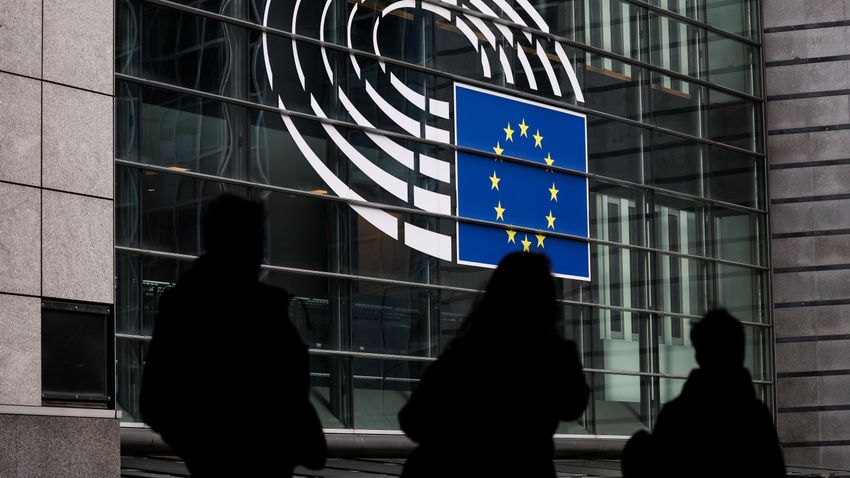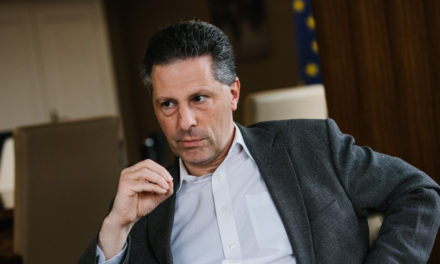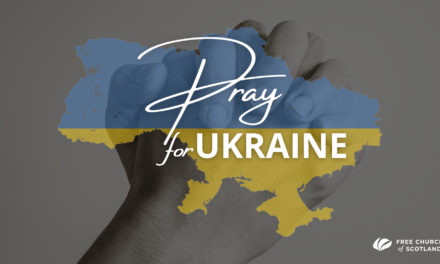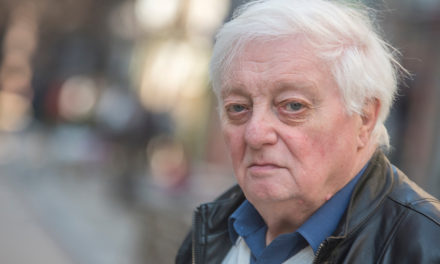Traditional left- and right-wing parties have transformed, but this does not mean that the values of their traditional voter base have changed with them.
In today's political discourse, the terms opposition and left are used synonymously as the opposite of the right-wing government. Such simplification is often useful in politics, but in today's tense situation it can be a disadvantage, so it is worth distinguishing the individual nuances.
But on what basis can individual parties be classified here or there? The names right and left originate from the 18th-century French parliamentary sitting order: on the right, representatives of the traditional order, royalty, and clergy sat, and on the left, those who wanted changes, supporters of the revolution, the bourgeoisie. The seating arrangement arranged in a semicircular arc offers the possibility of a subtle distinction between the different shades of right-handedness and left-handedness. However, not all parliaments have such a semicircular seating arrangement. The English, whose thinking is less complicated than the French, have only two opposite rows of seats for Her Majesty's Government and Her Majesty's Opposition, so that an MP can judge much more clearly who is right and who represents obvious nonsense in a debate. But the placement of representatives in the House of Representatives is one thing, and the policy they represent is another.
The left-wing parties traditionally represented the interests of those who live from work (the working class) and their goal was to create a more equal and just society, while the right-wing parties tended to stick to traditions and Christian values.
Of course, every trend has had its ideologues at all times, who justified why the concept they represent is correct, just and moral. The bible of the left was Marxism. Above all, Marxism gave a history of development, according to which societies develop from the primitive society to the slaveholding, feudal society to the capitalist system, but there is no stopping here, because the final social order will inevitably come: communism. In addition, Marxism gave a critique of the capitalist order (exploitation) that made it morally right to take away factories and property in general from the "lazy testicles".
In the possession of moral truth, any means (for example confiscation of property, eviction, internment, prison) was permissible in order to achieve the noble goal (communism).
However, before throwing a spear over Marxism, we must point out that throughout history there have already been many ideologies with which groups who considered themselves exceptional (the vanguard) morally established why they should have exclusive power. If we only look at the recent past, this was the case with Nazism in addition to communism, but currently this is the case with climateism, genderism, woke-ism, and even the European empire-building ideology, which we can perhaps call "Europeanism".
All of them are characterized by exclusivity, if someone acts against them, the adherents of the idea feel entitled to morally condemn those who disagree with them, even to exclude them from public life and to destroy them existentially.
As far as the left-wing parties with Marxist roots are concerned, the hard-line communist trend, which then came to power in Russia and some other countries, and the revisionist wing, the latter of which, accepting the rules of the democratic multi-party system, did not call for the radical subversion of society, but split at the end of the 19th century. aimed at more equal income distribution. They became the social democratic parties of Western Europe.
In Western Europe, from the fifties to the eighties, left-wing parties were characterized by a social democratic approach. However, this situation has gradually changed since the nineties.
The basis of social democracy, the working class, practically disappeared as a result of technological development, but the party structure remained,
which was gradually taken over by members of the radical student movements of the sixties. Their well-known representatives are Member of the European Parliament Daniel Cohn-Bendit, the leader of the 1968 Paris student uprising, Jose Manuel Barroso, former President of the European Commission, former German Foreign Minister Joschka Fischer, and former NATO Secretary General Javier Solana.
The school in Frankfurt, founded in 1923, provided intellectual ammunition for all of this. The characteristic of (totalitarian) ideologies promoting exclusivity is the division of society and the impossibility of opponents.
In traditional Marxism, the opposition between the capitalist and the working class was the defining element, while the Frankfurt school contrasts the majority and minorities: men, whites are oppressors, tyrants, women, blacks, immigrants, sexual minorities are the oppressed. , the victims. The left representing this ideology is called the cultural left or cultural Marxist, because it attacks society primarily in the cultural field.
Processes similar to those taking place on the left also occurred in the right-wing Christian Democratic and People's parties, which abandoned the representation of their traditional values and became supporters of the Euro-Atlantic economic and political elite, the background power.
The interests of the cultural left and the right serving the Euro-Atlantic elite are common in that
they want to create supranational structures and to do so they weaken and divide traditional societies.
This goal is served by immigration, the support of gender and woke ideology, the questioning of traditional values and the historical past.
The traditional left- and right-wing parties have thus transformed, but this does not mean that the values of their traditional voter base have also changed with them. Many people still vote for their old party out of habit, but an increasing number of them have become disillusioned with them and are looking for parties that represent traditional values and are now classified as extreme by the mainstream. In my opinion, the recent two-thirds of Fidesz in our country is also due to the fact that many people who would have liked to vote for a traditional social democratic party voted for Fidesz, among other things, because of its position in the Russian-Ukrainian war.
Today, the most important issues to take a stand on are immigration, war, gender and woke ideology, traditional values, including the preservation of the nation-state.
Many left-leaning people agree with the government on these issues, but why would you disagree if you were born Hungarian? Taking this into account, it would be advisable to consistently talk about the opposition and not the left in government communications, so that the criticism does not offend those who consider themselves left-wing, but - despite all, in many cases justified, criticism - vote for the government parties rather than the Euro-Atlantic elite national and European to the opposition serving his anti-politics.
The same can be said on a European scale. On specific issues, we need to find those organizations (parties, trade unions and other institutions) that agree with us on the most important issues, regardless of where they are classified by the prevailing political trend.
There is a Chinese proverb that says that if you want to defeat the tiger, you must first defeat it in theory.
I would consider it extremely important if, in contrast to the ideology of today's dominant trend, we would develop our own interpretation of the world, and within that of Europe, which corresponds to the sane-thinking population of most countries.
It would be particularly important to confront the teachings of the Frankfurt school and the ideology of Karl Popper's open society, because these are the determinants of today's mainstream thinking.
We also need to convey our own message to the broadest possible layers of European society, which is possible under the current circumstances primarily through the alternative media operated by many. These personal, individually operated platforms found in all countries should be united into a network that can effectively deliver our message to the wider social strata, and the main point of this message should be what at the time II. Pope János Pál also had it: do not be afraid, the dictatorship of today's mainstream will not last forever.
There will be European Parliament elections next year. As soon as possible, we need to come up with a worldview and a world explanation that will make a significant part of the citizens understand what forces are wrestling with each other. This can help them to cast their vote not out of habit, but in accordance with their real values and interests.
The author is an economist and a consultant to the National Forum
Source: Magyar Hírlap
Cover image: The European Parliament (Photo: MTI/EPA/Stephanie Lecocq)













